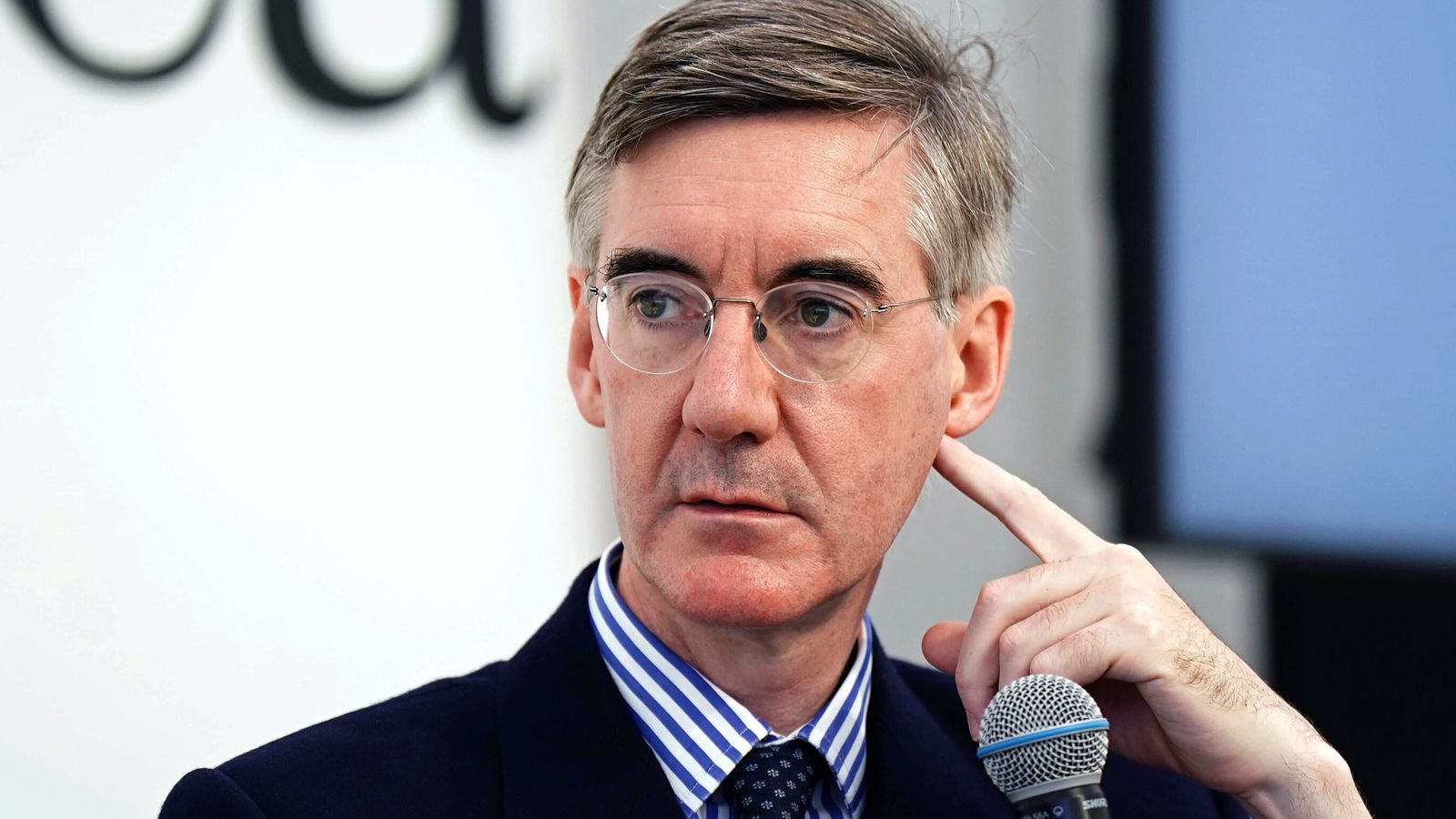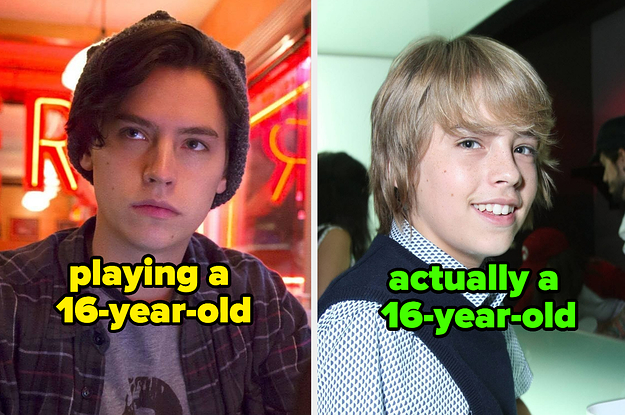Jacob Rees-Mogg has attacked the government over its anti-strikes legislation, calling the bill “badly written” and “an extreme example of bad practice”.
The former business secretary was speaking in the Commons as MPs debated the proposed new law, which would see minimum service levels set for fire, ambulance and rail services for when the sectors decide to take industrial action.
The government has insisted the legislation – being tabled at a time of widespread action across the public sector – hits the right balance between the right to strike and ensuring public safety during walkouts.
But Labour leader Sir Keir Starmer has pledged to repeal the bill if his party comes to power, saying it is “likely to make a bad situation worse”.
And the public is increasingly inclined to support strike action, especially in the NHS, according to exclusive polling for Sky News.
While Mr Rees-Mogg said he was a “supporter” of the proposed law’s aims, he added “it is a badly written bill” – criticising a lack of detail when instead it should “set out clearly what it is trying to achieve”.
The Conservative MP for North East Somerset said: “This is almost so skeletal that you wonder if bits of the bones have been stolen away by wild animals and taken and buried somewhere, as if, you know, in cartoons.”
He backed Labour’s deputy leader, Angela Rayner, over her criticism of so-called Henry VIII clauses in the bill – allowing ministers to change it without the full scrutiny of Parliament – saying such measures “should be used exceptionally”, or it was “bad parliamentary and constitutional practice”.
And he agreed with the SNP’s David Linden who questioned the need to rush the law through, saying: “This isn’t emergency legislation. This is a piece of legislation that we have been conjugating about in the Conservatives since at least our last manifesto, if not back to 2016.
“I have supported it all the way through, I have wanted this bill to come forward, I think it is the right thing to be doing, but there is no excuse for failing to do it properly.”
Read more:
Public support for strikes rising, Sky News poll shows
PM says he ‘acted decisively’ in sacking Zahawi
Watchdog chief removes himself from BBC chairman probe
‘Shirking responsibility’
Mr Rees-Mogg – who held cabinet positions under Boris Johnson and Liz Truss, but returned to the backbenches when Rishi Sunak took charge – also warned the holes in the bill left it more open to challenges in the courts.
“If this House passes good, well-constructed legislation, it is much less susceptible to judicial review,” he added. “So there is a Treasury bench interest in good, well-crafted legislation… which this is not.”
Yet, despite his raft of criticism, the MP promised to back the plan and send it on to the House of Lords for further scrutiny, appealing to them to make the changes it needed.
Labour MP and former shadow chancellor John McDonnell agreed with Mr Rees-Mogg’s initial arguments, but claimed he was “shirking the responsibility” by voting it through.
“What we have seen in recent history, recent months, is actually the government withdraw a bill for further consideration until they get it right,” he added.
“Surely that’s the mechanism, otherwise we are shirking our responsibility to get this bill right.”
But Mr Rees-Mogg replied: “I think he attributes to me more influence than I have.
“I think my fusillade against this particular clause of the bill will not change many votes this evening, including not my own as it happens, and therefore it is not going to be the case that the government is going to be defeated in this House.”








